Google has just announced their brand new Pixel 8 smartphones, and the most powerful model in the lineup is the Pixel 8 Pro. This isn’t Google’s first attempt at a “Pro” smartphone having launched the Pixel 7 Pro back in 2022. If you’re thinking if you should upgrade your phone to the Pixel 8 Pro, or maybe save some money by getting the Pixel 7 Pro, then here is a comparison between both phones that will hopefully help you make a better decision.
Display
When it comes to the display of both phones, both the Pixel 8 Pro and Pixel 7 Pro have similar display sizes coming in at 6.7-inches. Both will also support HDR and will have a 120Hz refresh rate.
The main differences lie in the glass used, the resolution, and also their brightness levels.
With the Pixel 8 Pro, the phone uses Corning’s Gorilla Glass Victus 2 while the Pixel 7 Pro uses the first-generation Victus glass. Also in terms of resolution, the Pixel 8 Pro’s resolution is oddly enough slightly lower at 1344×2922, versus the Pixel 7 Pro’s 1440×3120. This results in a difference in pixel density of 512 PPI for the Pixel 7 Pro versus the 489 PPI for the Pixel 8 Pro.
As for its brightness levels, the Pixel 8 Pro appears to have a brighter display where it can go up to 2400 nits in peak brightness, versus the Pixel 7 Pro’s 1500 nits. So while the overall pixel density is lower for the Pixel 8 Pro, it makes up for it with a brighter display which some users might be able to appreciate better.
Performance
The Pixel 8 Pro uses Google’s brand new Tensor G3 chipset, whereas the Pixel 7 Pro uses the Tensor G2. We’ve yet to perform any tests ourselves, but it does look like the Tensor G3 is a more powerful chipset with a 9-core designer versus the Tensor G2 which has 8-cores.
We’re also looking at an upgrade in the graphics where the G3 uses the Mali-G715 GPU versus the G710 found in the G2. Whether or not these differences can be felt in day-to-day use of the phone remains to be seen, but on paper the G715 does seem a bit more promising.
Google has also given the Pixel 8 Pro more storage where users have the option of choosing the 1TB model, whereas the Pixel 7 Pro topped out at 512GB. Both models still rely on UFS 3.1 storage, so in terms of read and write speeds, both the Pixel 8 Pro and Pixel 7 Pro appear to be similar.
Cameras
For the cameras on the Pixel 8 Pro, Google has upgraded one of the sensors on the phone. In the Pixel 7 Pro, it came with a 50MP main shooter, a 48MP telephoto, and a 12MP ultrawide. With the Pixel 8 Pro, the ultrawide camera module has also been upgraded to 48MP.
There have also been changes made to the aperture on all three cameras on the Pixel 8 Pro, where the 50MP main has a f/1.68 aperture, the 48MP ultrawide has a f/1.95 aperture, and the telephoto has a f/2.8 aperture. On the Pixel 7 Pro, the apertures are f/1.9, f/2.2, and f/3.5 respectively.
This is quite a significant upgrade as a wider aperture means more light can be let in, resulting in better photos even when the lighting conditions aren’t ideal.
There will also be new camera software features introduced in the Pixel 8 Pro such as Video Boost technology that will offer enhanced color grading to make your videos look more professional, Night Sight Video, Magic Editor, Best Take, and Audio Magic Eraser. We’re not sure if those are features that will trickle down to the Pixel 7 Pro eventually, but these will be available on the Pixel 8 Pro.
Battery
For those concerned about battery life, the Pixel 8 Pro and the Pixel 7 Pro appear to share a similar battery size, where its battery has a typical rating of 5,050mAh, versus the 5,000mAh on the Pixel 7 Pro. With such a tiny discrepancy, we doubt that it will be particularly noticeable.
Plus, presumably the Tensor G3 will come with a host of improvements made to its power efficiency that could result in a phone with a long-lasting battery. Obviously all this depends on how you use your phone, but on paper both batteries are almost identical.
Software support
With the launch of the Pixel 8 Pro, Google has revealed that they will be offering the device 7 years of OS, security, and Feature Drop updates. Whereas with the Pixel 7 Pro, Google offered 5 years of software updates, so for those who plan to keep their phones around for a much longer period of time, then the Pixel 8 Pro could be a better choice.
Pricing
When it comes to the differences in both phones, pricing is probably going to be the most obvious. The Pixel 7 Pro was launched with a base price of $899, but the Pixel 8 Pro is priced starting at $999, making it $100 more expensive than its predecessor.
Whether or not this is worth the upgrade depends on you. If you’re coming from a much older smartphone, then it could be worth paying for the Pixel 8 Pro, but if you’re coming from the Pixel 7 Pro then maybe the differences aren’t huge enough for you to make the switch, not unless you want to.
- Google Pixel 7 Pro is Google’s best-of-everything phone; powered by Google Tensor G2, it’s faster, more efficient, and...
- Unlocked Android 5G phone gives you the flexibility to change carriers and choose your own data plan[2]; works with Google...
Note: this article may contain affiliate links that help support our authors and keep the Phandroid servers running.

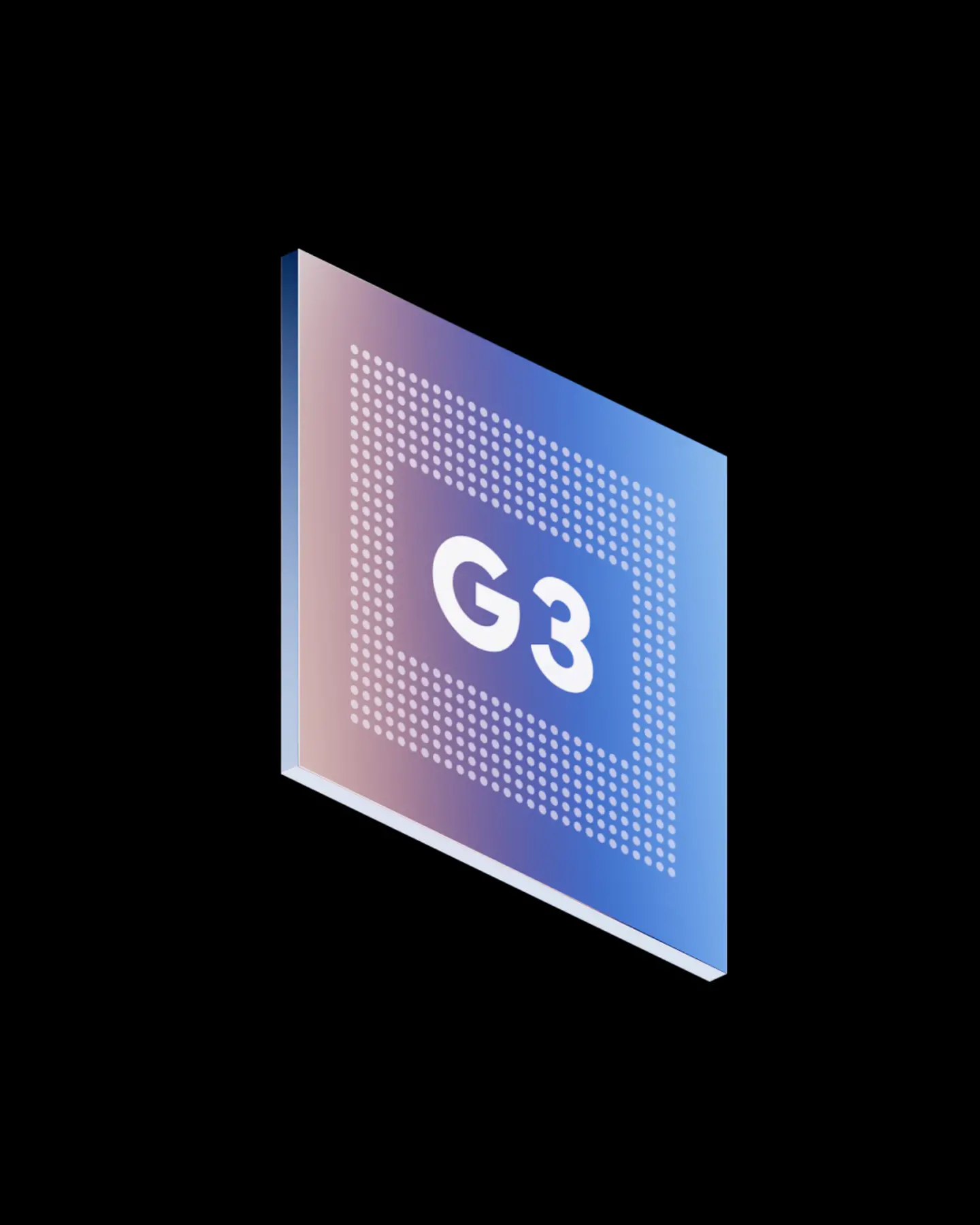


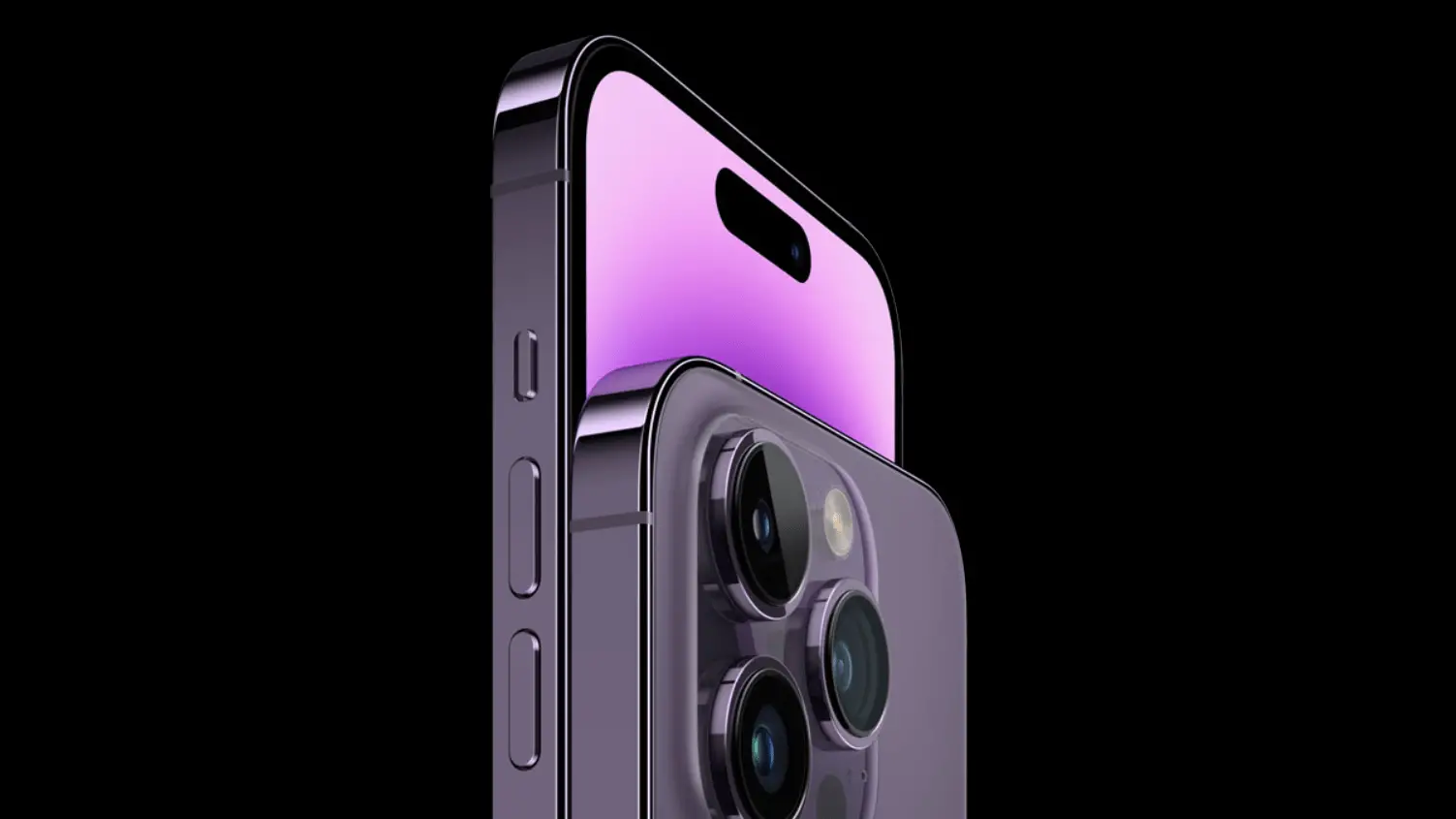
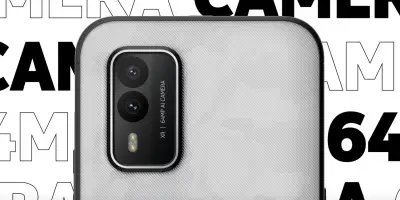

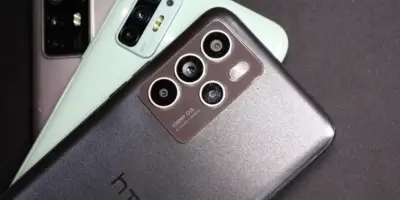
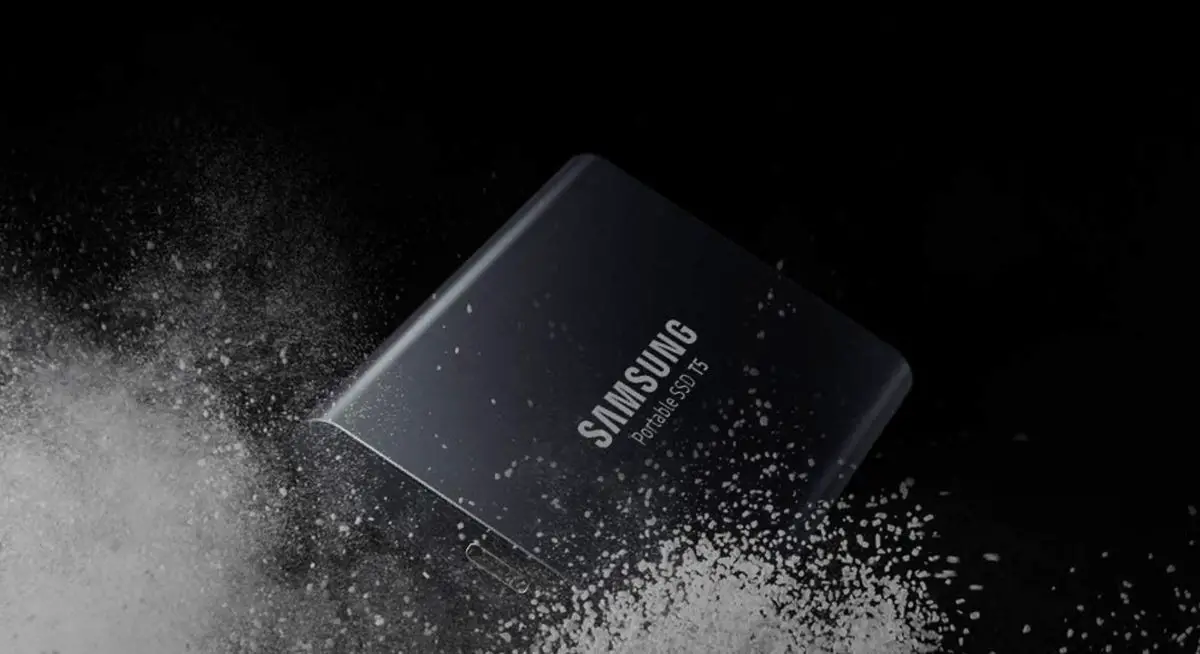

Comments